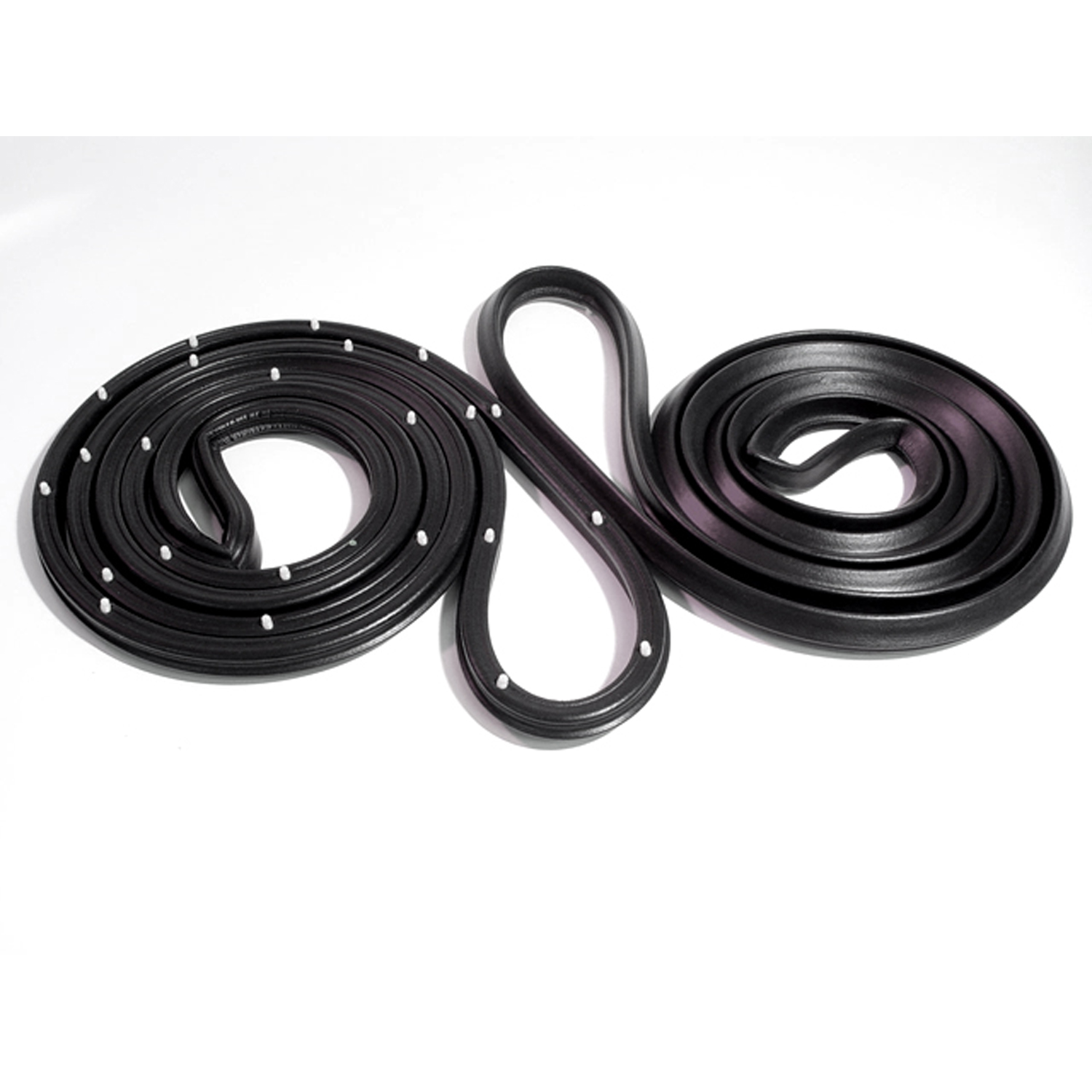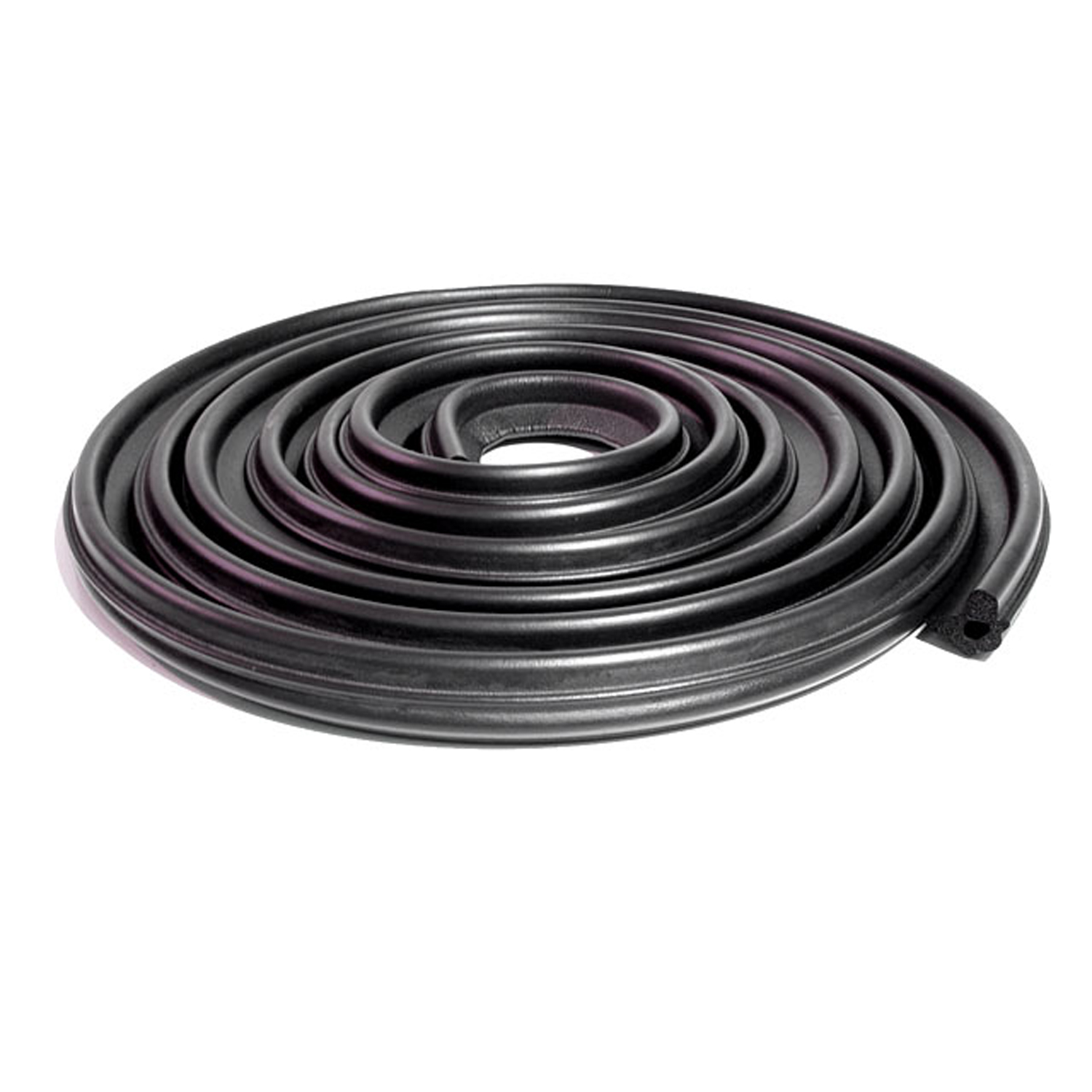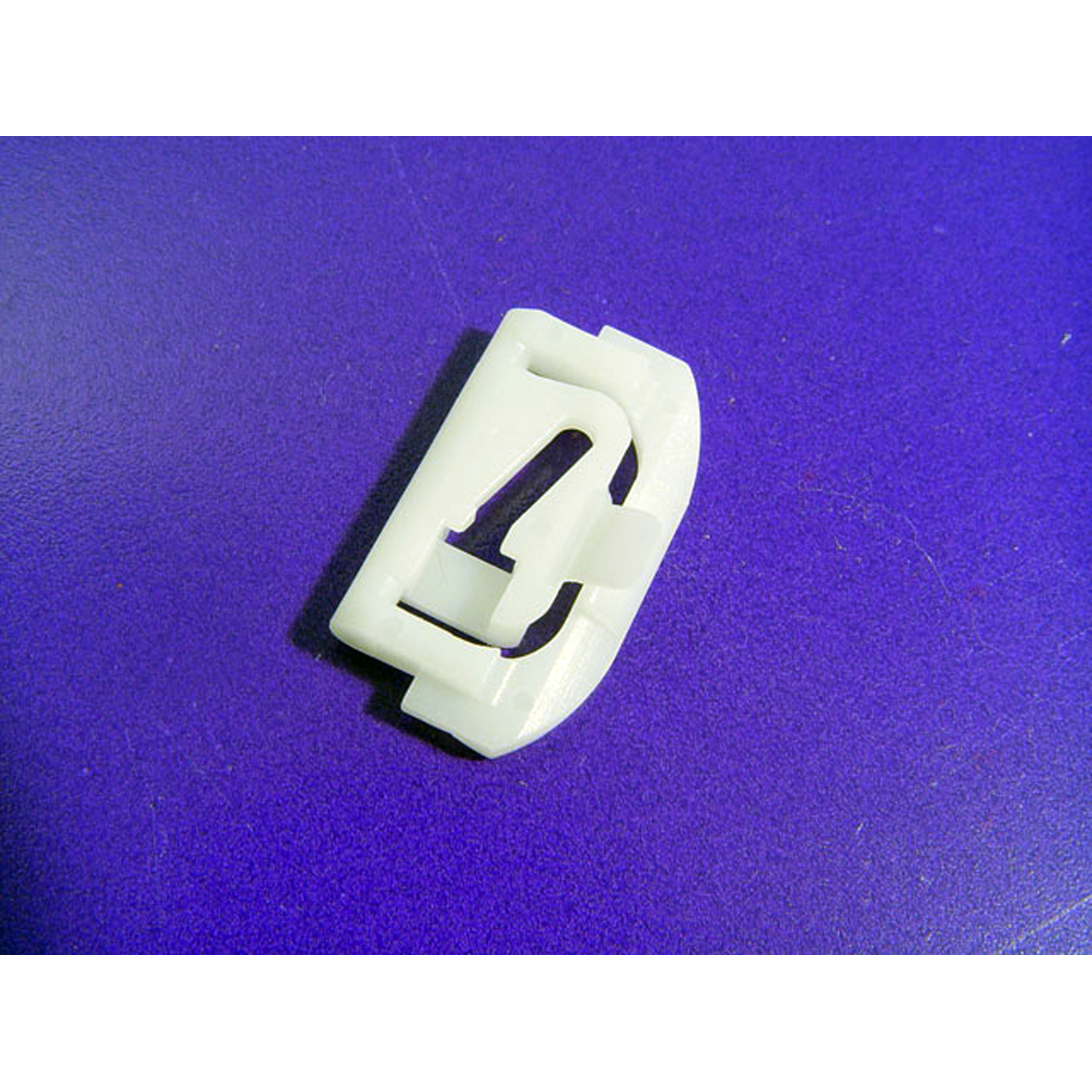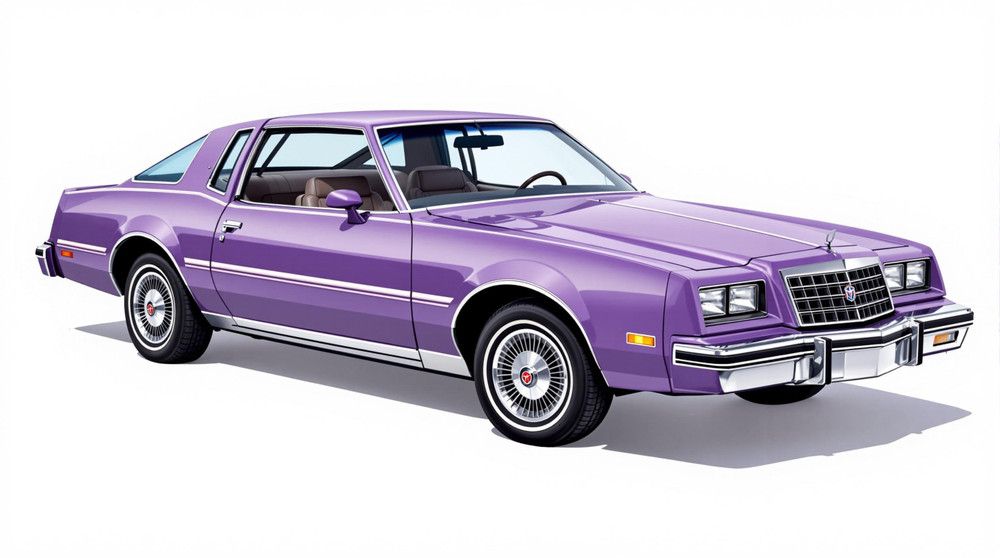Image of 1978 American Motors Concord, Note: These illustrations use artistic license and may differ from actual historical models.
Performance Metrics
Fundamental Metrics
Emotional Appeal
MMP Rating
| Engine Specifications | |
|---|---|
| Engine: | 232 cu in (3.8 L) I6, 258 cu in (4.2 L) I6, 304 cu in (5.0 L) V8 |
| Displacement: | 232-304 cu in |
| Horsepower: | 88-130 hp |
| Torque: | 140-210 lb-ft |
| Compression Ratio: | 8.0:1 - 8.4:1 |
| Ignition System: | Electronic Ignition |
| Cooling System: | Liquid-cooled |
| Performance Specifications | |
| 0-60 Time: | Estimated 11-14 seconds |
| 1/4 Mile Time: | Estimated 18-20 seconds |
| Top Speed: | 100-110 mph |
| Transmission and Drive | |
| Drive Type: | Rear-wheel drive |
| Transmission Type: | 3-speed manual, 4-speed manual, 3-speed automatic |
| Fuel and Efficiency | |
| Fuel System Type: | Carburetor |
| MPG: | Estimated 15-20 mpg |
| Dimensions and Brakes | |
| Brakes: | Front disc, rear drum |
| Wheelbase: | 108.0 in |
| Weight: | 2,900-3,200 lbs |
Note: Specifications for classic cars are given to the best of our ability, considering the limited and variant data available.
1978 American Motors Concord: A Testament to Innovation and Endurance
The 1978 American Motors Concord emerged as a testament to the resilience of an underdog in the automotive industry. Born from the ambitious American Motors Corporation (AMC), the Concord was a fresh take on compact luxury, offering a blend of economy and style during a time when consumers were reeling from the aftermath of the oil crisis. As a direct successor to the AMC Hornet, the Concord made its mark by offering a more upscale experience without straying far from its economical roots.
One of the unique aspects of the Concord was its role in helping AMC navigate through financial difficulties. It stood as a beacon of hope, demonstrating that smaller manufacturers could compete with luxury offerings from larger competitors. This vehicle's introduction coincided with an era when automotive giants were downsizing their models, and AMC cleverly positioned the Concord to fill a niche for consumers seeking affordable luxury.
Design and Innovation
The exterior styling of the 1978 Concord was both classic and forward-looking. Its clean lines and broad stance gave it an air of sophistication, while design elements like the distinctive grille and vinyl roof options hinted at a more opulent era of motoring. Inside, passengers were greeted with plush seating and an array of trim options that ranged from durable fabrics to rich faux leathers.
Technologically, the Concord boasted features such as available power steering, power brakes, and even an optional AM/FM stereo – amenities that were becoming increasingly common yet still appreciated by buyers at that time. Color options varied widely, with shades like Sunshine Yellow and Classic Black being among popular choices that allowed owners to personalize their rides.
Body styles included two-door coupes, four-door sedans, three-door hatchbacks, and even station wagons. The most iconic variant was arguably the wagon, which offered versatility and comfort without sacrificing style – a true rarity for its time.
Historical Significance
The Concord's impact on automotive design was subtle yet significant. It demonstrated that compact cars could be more than just utilitarian machines; they could also exude elegance and offer features typically reserved for larger models. The car's blend of practicality and luxury set a new standard for what consumers could expect from American compact vehicles.
Performance and Handling
Performance-wise, the 1978 Concord wasn't designed to break records but rather to deliver reliable and efficient transportation. With engines ranging from an economical 2.5-liter four-cylinder to a more robust 4.2-liter inline-six, top speeds and acceleration varied accordingly. The inline-six engine could propel the Concord from 0-60 mph in a modest timeframe that reflected its balanced approach to performance.
On the road, drivers enjoyed a smooth ride thanks to well-tuned suspension systems that absorbed bumps with grace. Handling was predictable and secure, making it an agreeable companion for both city commuting and highway cruising. The hum of the engine provided a comforting backdrop to journeys long and short, while driver ergonomics ensured easy access to controls and instruments.
Ownership Experience
The Concord served many roles – from daily driver to weekend showpiece – thanks to its reliability and ease of maintenance. Parts were readily available due to shared components with other AMC models, making repairs straightforward for the average owner.
Fun Facts
A little-known fact about the Concord is its brush with celebrity status; several units found their way into television shows of the era as symbols of middle-class America. While not known for setting speed records or dominating sales charts, its endurance as a beloved model among enthusiasts speaks volumes about its charm.
Collector's Information
Today, collectors might find a 1978 American Motors Concord valued within a range that reflects its condition and originality – anywhere from $2,000 for models in need of restoration to upwards of $10,000 for pristine examples. While production numbers were not exceedingly low, finding one in excellent condition can be challenging due to their age and use as everyday vehicles.
Price trends suggest that well-maintained Concords are slowly appreciating in value as nostalgia fuels interest in vehicles from this era. However, as with any classic car investment, values can fluctuate based on market interest and overall economic conditions.
Conclusion
The 1978 American Motors Concord stands as a reminder that innovation need not be earth-shattering to be effective; sometimes it's about meeting consumer needs with style and grace. As we look back on this humble yet dignified vehicle, we're reminded of AMC's tenacity in an industry often dominated by giants – proving that sometimes less really is more.
1978 American Motors Concord Catalog of Parts
 1978 American Motors Concord Molded door seals. For 2-door sedan-LM 31-CMolded door seals. For 2-door sedan. Proper clips correctly positioned. 148 in. (375.9 cm) L. Pair. R&L.
1978 American Motors Concord Molded door seals. For 2-door sedan-LM 31-CMolded door seals. For 2-door sedan. Proper clips correctly positioned. 148 in. (375.9 cm) L. Pair. R&L. 1978 American Motors Concord Hatchback Seal. For 2-Door Sedan. Each-TK 46-X/16Hatchback Seal. For 2-Door Sedan. Each
1978 American Motors Concord Hatchback Seal. For 2-Door Sedan. Each-TK 46-X/16Hatchback Seal. For 2-Door Sedan. Each 1978 American Motors Concord Lower Side Window Reveal Molding Clip. Made of nylon-WF 214Lower Side Window Reveal Molding Clip. Made of nylon. 1-1/4" x 3/4". Each
1978 American Motors Concord Lower Side Window Reveal Molding Clip. Made of nylon-WF 214Lower Side Window Reveal Molding Clip. Made of nylon. 1-1/4" x 3/4". EachWhy Choose Metro?
For over 100 years, Metro Moulded Parts has been the pinnacle of quality in classic car restoration parts. Our commitment to precision and authenticity in every component ensures a perfect fit and an OEM-level appearance.
- Expert Craftsmanship & Quality: Each part is a testament to our dedication to reliability and perfection, crafted from original designs and thoroughly tested.
- Advanced Technology: We use cutting-edge techniques to create flawless, long-lasting parts that surpass others in performance.
- SuperSoft Sponge – The Ultimate Door Seal: Not only are our door seals 30% softer than competitors', but they're also guaranteed to never leak. They effectively reduce wind and road noise, enhancing your classic car's comfort and driving experience.
- Proudly American: Our parts are a product of American craftsmanship, made in the USA with a spirit of excellence and heritage.
- Unrivaled Warranty: We back our products with a 30-year industry-leading warranty, a testament to our confidence in their quality.
Join us in preserving the legacy of classic cars with parts that are crafted for perfection, not just made.

